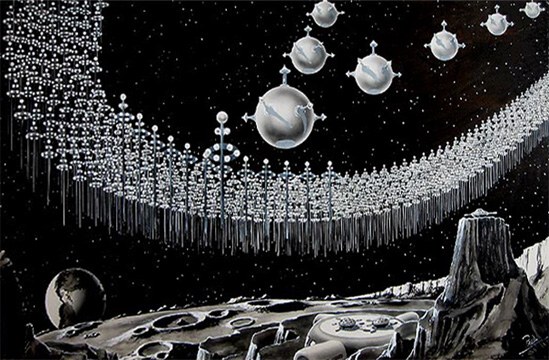Latest reads:
Robin Hobb, Fool's Assassin - lovely, and nice to be back in among the Farseers again. Hobb is an amazing writer; she always manages to make me cry, and I'm not a weepy sort of reader.
Cassandra Clare, City of Bones - wanted to see what all the hype was about; enjoyable enough with some interesting characters but I don't think I'll bother with the others in the series.
Trudi Canavan, Thief's Magic - oddly disappointing. I've had Canavan on my to read list for ages, and when I saw her latest book in the library I thought I'd finally give it a try. I know her first series won awards, etc, so I might try that instead.
Robin Hobb, Fool's Assassin - lovely, and nice to be back in among the Farseers again. Hobb is an amazing writer; she always manages to make me cry, and I'm not a weepy sort of reader.
Cassandra Clare, City of Bones - wanted to see what all the hype was about; enjoyable enough with some interesting characters but I don't think I'll bother with the others in the series.
Trudi Canavan, Thief's Magic - oddly disappointing. I've had Canavan on my to read list for ages, and when I saw her latest book in the library I thought I'd finally give it a try. I know her first series won awards, etc, so I might try that instead.




